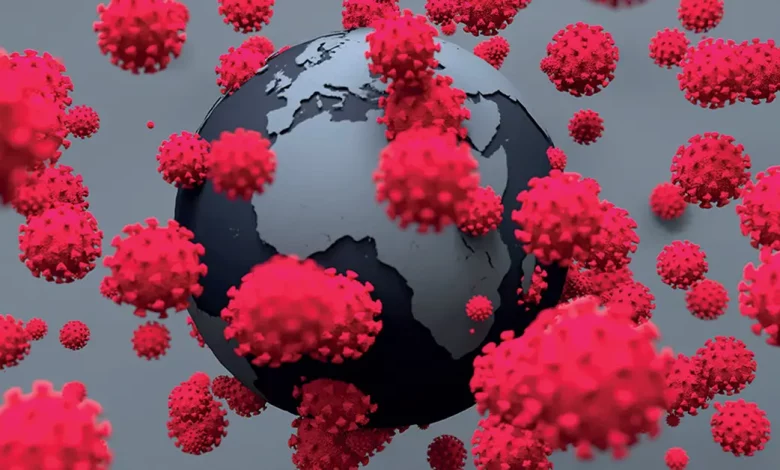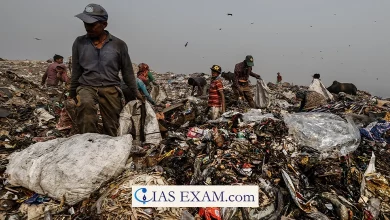
Context- The World Health Organisation (WHO), has urged countries to sign on to the pandemic treaty to fight the globe’s ‘Disease X’.
What is Disease X’?
- Disease X is a label that the WHO is using to refer to currently unknown infectious conditions that may be capable of causing an epidemic or a pandemic.
- The term, was first coined in 2017, may be used to intend a newly found pathogen or any known pathogen with newly acquired pandemic potential.
- Covid-19 was the primary Disease X but the organization is warning there could be some other at some point in the future.
- It is most likely to be a zoonotic disease with a ribonucleic acid (RNA) virus, having a much worse effect on mortality prices than the COVID-19 pandemic.
- RNA viruses have an excessive mutation rate. They are consequently fantastically infectious.
Pandemic Treaty
- It is a global pandemic treaty to better prepare for and respond to a future pandemic.
- After the COVID-19 pandemic, the WHO’s member states started making plans for a global accord to better prepare the world for future pandemics.
- In 2023, the WHO published a “0 draft” of the accord, a framework for member states to begin negotiations.
- The objective of the draft is to prevent pandemics, store lives, reduce sickness burden and protect livelihoods, through strengthening the arena’s capacities for preventing, preparing for and responding to, and healing of health systems from pandemics.
Potential Benefits of the Treaty
- The treaty could result in increased early detection and response to outbreaks.
- It may additionally bring about quicker improvement and wider distribution of vaccines and different medical countermeasures.
- The treaty could ensure more equitable access to healthcare during pandemics.
- It would possibly make a contribution to the establishment of more potent global health systems more prepared for future threats.
Challenges and Concerns
- Reaching consensus on key issues, particularly equitable access and the WHO’s role, remains a challenge.
- Ensuring that national governments fulfil their commitments under the treaty is a concern.
- The treaty could probably affect national sovereignty and intellectual property rights.
- Securing adequate funding for implementation is also a significant mission.
World Health Organisation (WHO)
- It is a specialised agency of the United Nations with a mandate to act as a coordinating authority on international fitness troubles.
- It was founded in 1948 and has headquarters at Geneva, Switzerland.
- It has 194 Member States, 150 country offices, six regional offices.
- It works in collaboration with its member states usually through the Ministries of Health.
Source: The Hindu
Practice question:
Q. What are the rationale behind the need for a pandemic treaty.





.png)



